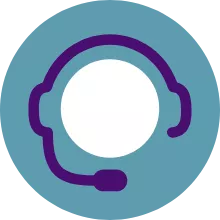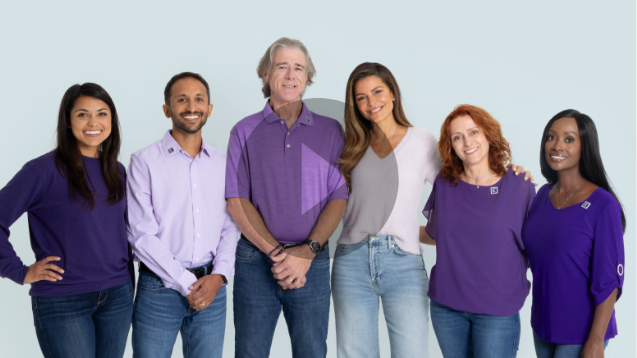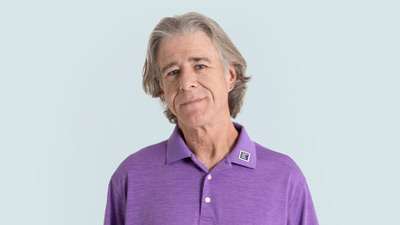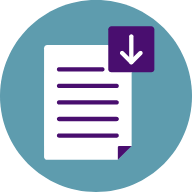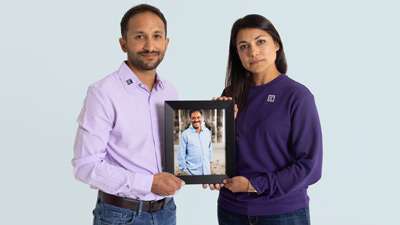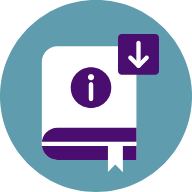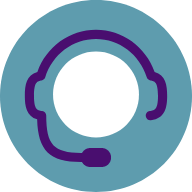
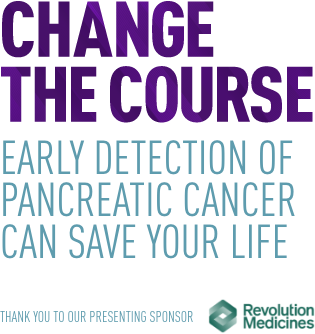
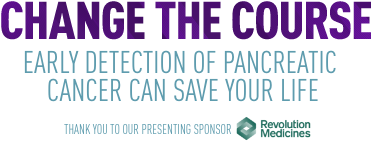
Pancreatic cancer remains one of the most challenging cancers to prevent, diagnose or treat. Its risk factors and symptoms are unfamiliar to most. And with no standard test to find pancreatic cancer early in the general population, it is often diagnosed late when fewer treatment options are available. Together, we can bring new awareness to this disease.
Join PanCAN during Pancreatic Cancer Awareness Month and help change the course of pancreatic cancer.
PanCAN Patient Services
is here for you by offering free one-to-one support as as well as tools and resources to navigate your pancreatic cancer journey.
Recognize the Symptoms
"If you have symptoms, get it checked out. Early detection can save your life."
JR White, three-year pancreatic cancer survivor
Pancreatic cancer may cause only vague symptoms that could be confused with many other abdominal or gastrointestinal issues. It’s important to listen to your body and talk to your doctor about pancreatic cancer if you experience any of the following warning signs.
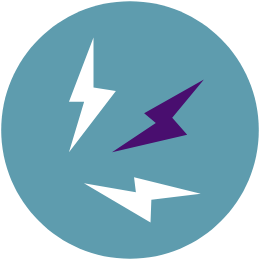
Pain (usually in the abdomen or back)
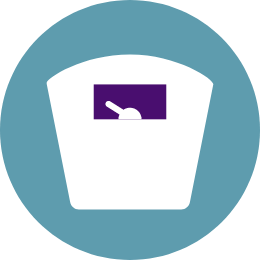
Unexplained weight loss
Jaundice (yellowing of the skin and/or eyes)
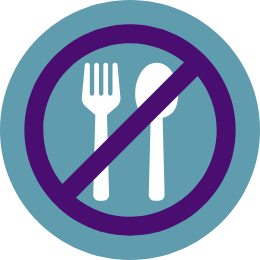
Loss of appetite
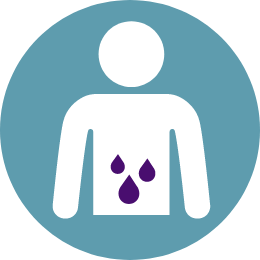
Nausea
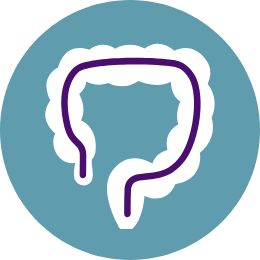
Change in stool

New-onset diabetes
Read more about pancreatic cancer symptoms.
Understand the Risk
“In the African-American community, there is a stigma around going to your provider or seeking treatment…If you feel something, you need to say something.”
Pamela Jackson, 13-year pancreatic cancer survivor
Certain risk factors may increase the likelihood of getting pancreatic cancer, like family history, smoking, diabetes, obesity, age and others. Some racial and ethnic groups, like Black Americans and the Ashkenazi Jewish population, are at higher risk for the disease.
to learn more about pancreatic cancer risk factors and what may increase your risk.
you can take to reduce your pancreatic cancer risk. Download our one sheet.
Be an Advocate for Your Health
PanCAN can help
“I have taken the initiative to advocate for myself with my healthcare providers, so they’re aware of my family history.”
Ryan Moniz, family member. Ryan and his sister, Lauren, lost their father, uncle and paternal grandfather to pancreatic cancer
It can be difficult to speak with a doctor about pancreatic cancer. Symptoms are often vague and hard to describe, and talking about risk factors and family history may not be easy. Download our conversation guide.
Contact PanCAN Patient Services. Our expert Case Managers provide free, one-to-one support for patients with pancreatic cancer and their loved ones.
CONTACT PATIENT SERVICESHere are three ways you can help change the course of pancreatic cancer this month:
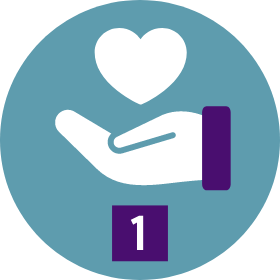
Take part in advancing research and support for patients by making a gift today.
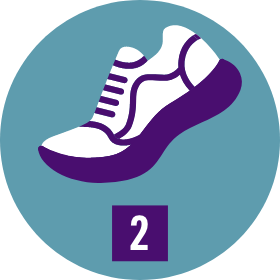
Register for free and start fundraising for PanCAN PurpleStride, the ultimate walk to end pancreatic cancer, on April 26, 2025.
REGISTER
Join us on World Pancreatic Cancer Day, Nov. 21, 2024 for our webinar, "How Early Detection Can Change the Course for Pancreatic Cancer"
RSVPContact PanCAN Patient Services
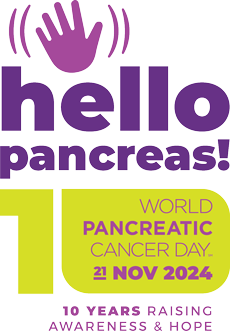
PanCAN is a proud member of the World Pancreatic Cancer Coalition. Read more about their 10th anniversary.

